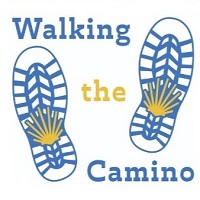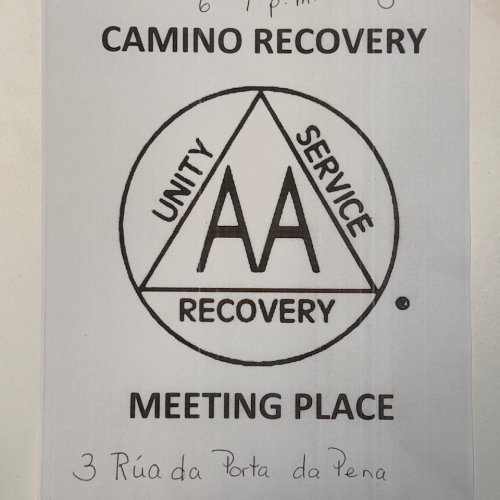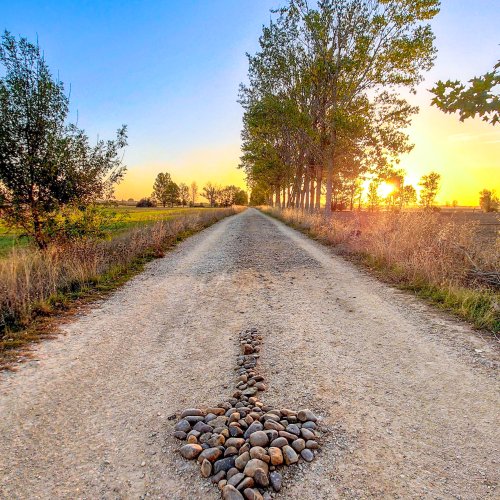Hi
I walked the Camino Frances from St-Jean Pied-de-Port to Santiago de Compostella in May 2005. It was tough, but hugely worthwhile. I would now like to write something about the experience, and I would like to begin by putting the Camino in its historical perspective. In connection with this I need to I need to trace a quotation which has intrigued me.
The quotation is from J.W Von Goethe: 'Europe was created on the road to Santiago' (or words to that effect; I have found it in several languages, but not in German) I need to find the source and context of this quotation.
I know what a knowledgeable lot you Caministas are. Can anyone help?
Patrick
I walked the Camino Frances from St-Jean Pied-de-Port to Santiago de Compostella in May 2005. It was tough, but hugely worthwhile. I would now like to write something about the experience, and I would like to begin by putting the Camino in its historical perspective. In connection with this I need to I need to trace a quotation which has intrigued me.
The quotation is from J.W Von Goethe: 'Europe was created on the road to Santiago' (or words to that effect; I have found it in several languages, but not in German) I need to find the source and context of this quotation.
I know what a knowledgeable lot you Caministas are. Can anyone help?
Patrick













